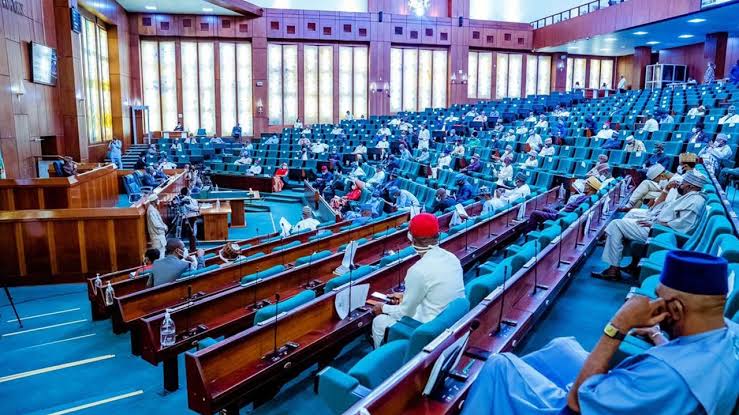The House of Representatives recently debated a bill which proposes to change the minimum academic requirement for the office of President, Vice President, Governors, National and state Assembly members and other political office aspirants from first school leaving certificate to university degree or its equivalent.
Although the House eventually stepped down the bill titled “A Bill for an Act to Alter the 1999 Constitution of the Federal Republic of Nigeria (as amended) to change the Educational Qualification for Elections into Certain Political Offices and for Related Matters” the debate had already raised enough interest on how pertinent the issue is with regard to the quality of governance in the country.
Promoters of the bill and those who opposed it spiritedly espoused reasons for their position. Those who supported the bill premised their argument mainly on the advanced state of global affairs and noted that it was ludicrous that basic requirement for all elective positions is the first school leaving certificate.
Those opposed to the bill cited the education gap in the country and cautioned that it could exclude people from engaging in the process. They, however, swung their major argument which is that academic qualification is not the true test of knowledge. Other members towed the middle ground, suggesting that the qualification level can be increased for president, governors and lawmakers but not for local council chairmen and councils.
Regardless, the debates were not persuasive enough to make the bill move to the next phase. It seemed divisive enough to be stalled even though it had raised fundamental issues about the quality of the nation’s educational system and the essence of academic qualification vis-à-vis the standard and expectations of governance.
On the whole, we are compelled to posit that it is rather shameful that in this day and age of immense advancement in education, the base requirement to be elected into the highest office in the land is first school leaving certificate. This, in itself, says so much about how low the bar has been for an office where the highest level of information processing and decision making is done. This is quite unacceptable to say the least.
We appreciate the place of experience as a key factor in leadership, but it’s hard to believe that any organization would want to recruit a first school leaving certificate holder to serve as its chief executive officer in today’s rapidly changing world.
It is pertinent to emphasize the place of sound education in politics, governance and development in defining the parameters and strategies that conduce to effective policy formulation and execution. Furthermore, problem-solving skills, which are largely enhanced by the robustness of thought, reflects, measurably on the quality of education. This has been the bedrock of various civilizations for centuries. These are what make the difference between development and underdevelopment.
Nonetheless, the force behind societal development isn’t solely academic. It requires a high dose of patriotism and a firm desire to serve, without which academic acquisition becomes not just a waste but unbridled societal menace, a paper tiger.
Interestingly, since 1999, most of the political office holders have been well educated. We have had presidents, governors and lawmakers with impressive academic backgrounds. Many of them even boast of foreign degrees.
Yet, the quality of governance, on the whole, has remained largely mediocre. In this dispensation, however, we have seen corruption grow almost exponentially while quality governance has regressed in almost equal measure, if not more. The list of political office holders being tried or investigated by anti-graft agencies today consist of persons with strong academic backgrounds.
References have been made to the exploits of pre-independence and first republic Nigerian political leaders who, with comparatively minimal academic qualifications, distinguished themselves in offices in the service of the people.
If the essence of education is to aid the transformation of an individual into a responsible and service-oriented citizen, it is safe to say that higher education will enhance such individual’s contribution to society. But in Nigeria, the opposite has been prevalent. It is no surprise, then, that for some years, many political office holders have had their academic qualifications questioned.
Perhaps, when or if the debate resurfaces on the floor, we would hope that the lawmakers spend some more thought on the need to ensure that the quality of education in Nigeria is improved.
In our opinion, the debate arising from the bill calls for a revisit of the age-old clamour for a revamping of our educational system to fit with modern trends. Besides the complaint that first school leaving certificate is too low, the overall architecture of the nation’s academic system deserves to be looked into.
The immense neglect the educational system has suffered in the past and even presently , makes it imperative that the acquisition of tertiary level certificate might not be all that is required to produce a leader the governance structure needs to flourish.
We’ve got the edge. Get real-time reports, breaking scoops, and exclusive angles delivered straight to your phone. Don’t settle for stale news. Join LEADERSHIP NEWS on WhatsApp for 24/7 updates →
Join Our WhatsApp Channel










